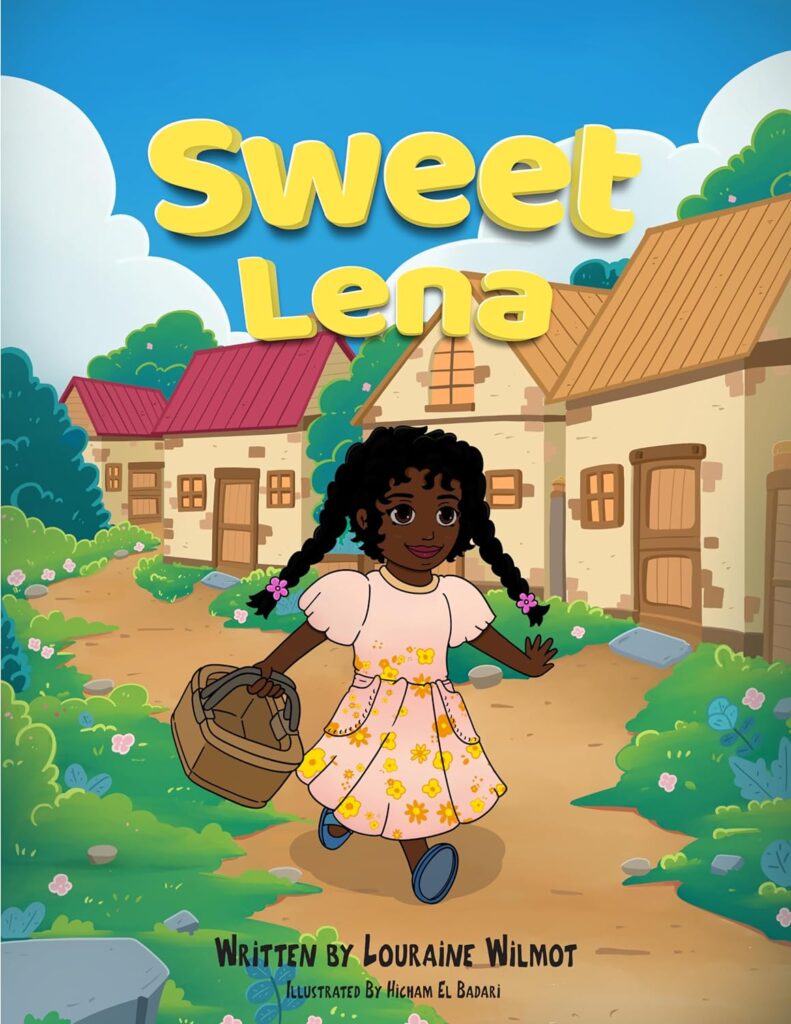
Yes, it certainly does! Our diet can have a significant impact on the planet in several ways:
1. Greenhouse Gas Emissions: Carbon dioxide and methane are released during the manufacturing of some foods. A significant portion of world emissions are caused by agriculture, which includes raising cattle and deforestation to make way for crops.
2. Use of Land and Water: Agriculture uses a lot of water and land. The irrigation for crops can drain water supplies and cause environmental degradation.
3. Loss of Life forms: The intensive agricultural methods which include the use of fertilizers and pesticides, can destroy plants and animals due to the contamination of our soil and waterways.
4. Food Waste: One major problem that adds to the deterioration of the ecosystem is food waste. All the resources used to produce the food, such as land, energy, and water, are likewise wasted when food is wasted. Food waste that decomposes in landfills releases methane, a powerful greenhouse gas.
5. Transportation of Food: Carbon emissions are increased by long-distance food transportation. Therefore, choosing foods that are produced locally can reduce the impact on our environment.
6. Packaging of Food: Selecting foods that are packaged in bio-degradable packaging will help to reduce waste.
We can decrease the environmental effect of our diet and help create a healthy planet by adopting thoughtful food choices, such as cutting back on meat intake, opting for plant-based foods, eliminating food waste, and supporting sustainable agriculture methods.
The Big One – Food Waste

According to the Food and Drug Administration (FDA) -“In the United States, food waste is estimated at between 30–40 percent of the food supply. This figure, based on estimates from USDA’s Economic Research Service of food loss at the retail and consumer levels, corresponded to approximately 133 billion pounds and $161 billion worth of food in 2010.
Food is the single largest category of material placed in municipal landfills and represents wasted nourishment that could have helped feed families in need. Additionally, water, energy, and labor used to produce wasted food could have been employed for other purposes. Effectively reducing food waste will require cooperation among federal, state, tribal and local governments, faith-based institutions, environmental organizations, communities, consumers, and the entire supply chain.” FDA
The Double Edged Sword – Our Diet
Packaging is necessary to transport some foods from one location to another and onto our tables to allow us to feed our family. The double-edged sword – good and bad – is that we are mostly dependent on plastic packaging to deliver some foods safely. However, we have to recognize that we must cut back on our consumption to protect our health and our environment. As a result, it is crucial that we continue the research to finding safer alternative food packaging and storage options.
The national goal initiated by the FDA, EPA and USDA is to reduce food waste by 50% by the year 2030. This will require cooperation from everyone; consumers and businesses. So, sign on to join the 50×30 club and help protect our planet.
Here you can find more great ways to reduce food waste https://www.fda.gov/food/consumers/tips-reduce-food-waste.
T’s tip: Every Day Is Earth Day!
Connect with us @ https://t-worktalk.com/ and be inspired!
More…https://t-worktalk.com/our-earth-my-wellness-perspective/ and https://t-worktalk.com/join-the-60×40-cut-down-on-plastic-consumption/
Enlarge your child’s world and imagination! Check out my children books Ducks in the Lake and Sweet Lena in the Amazon book store.
Follow us on social media:



Very informative.